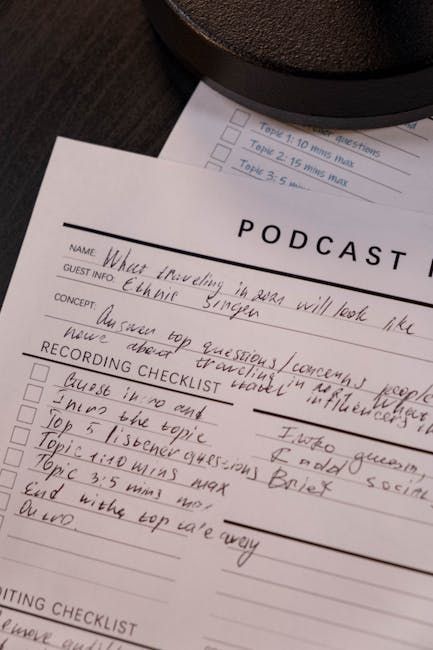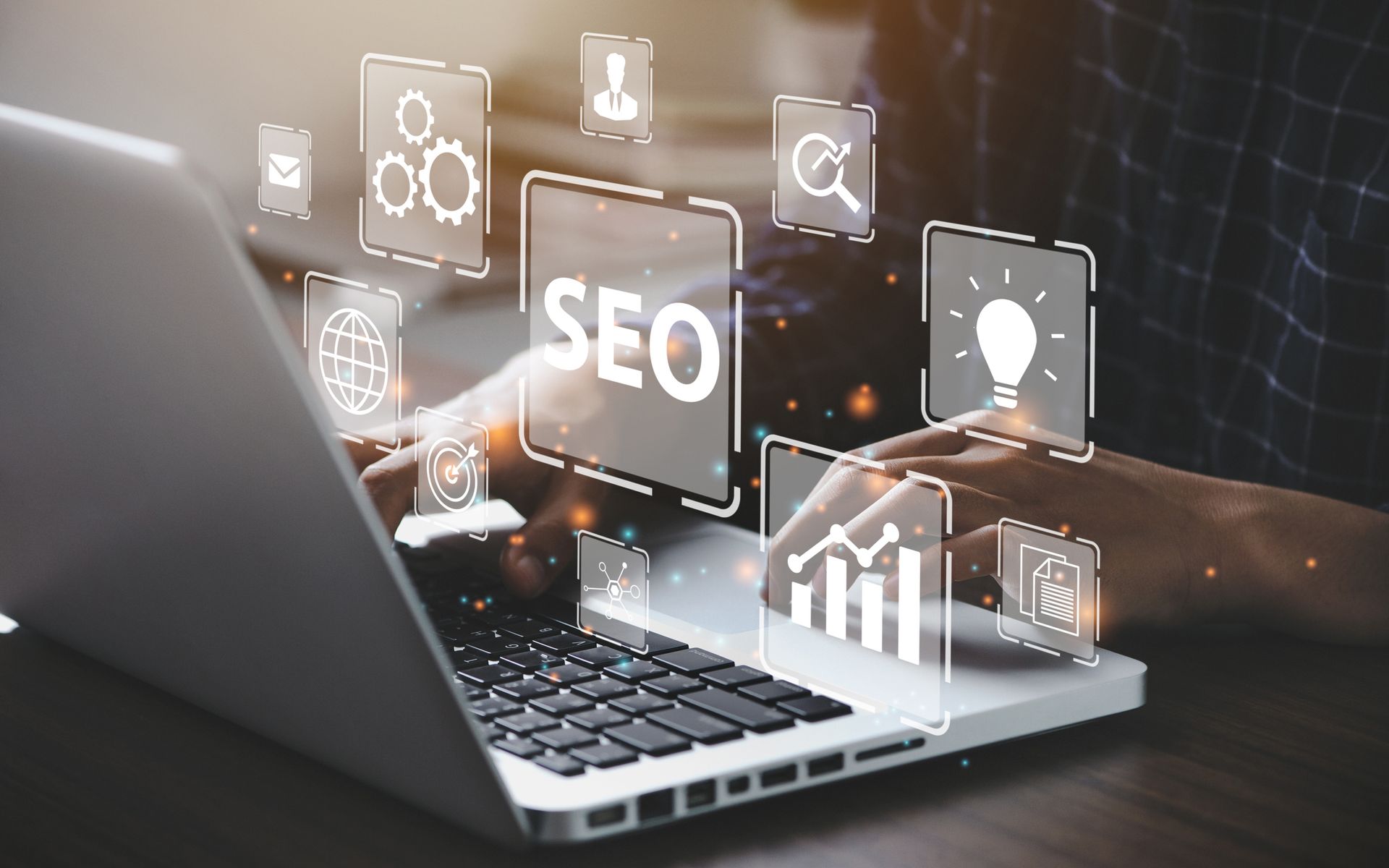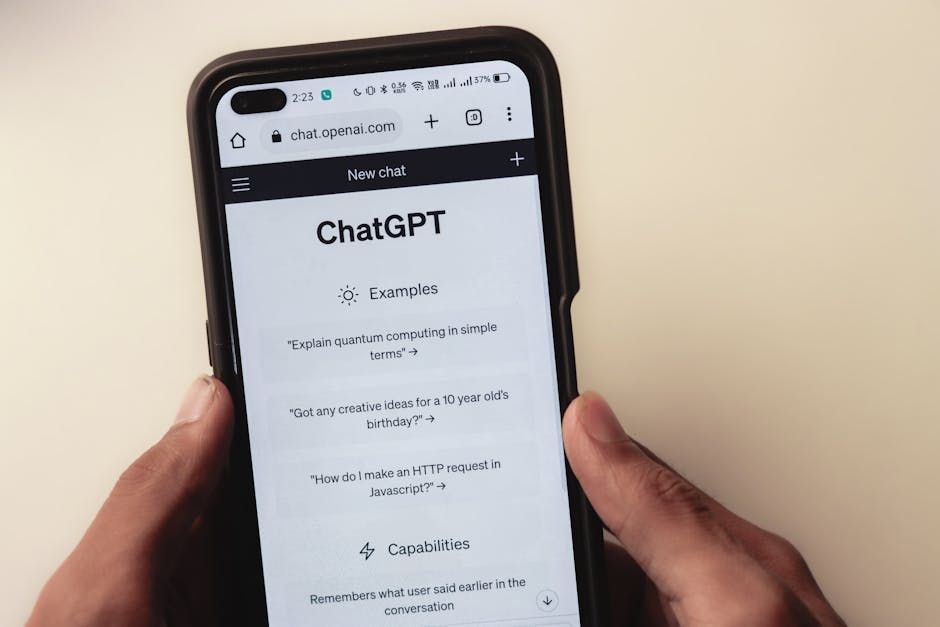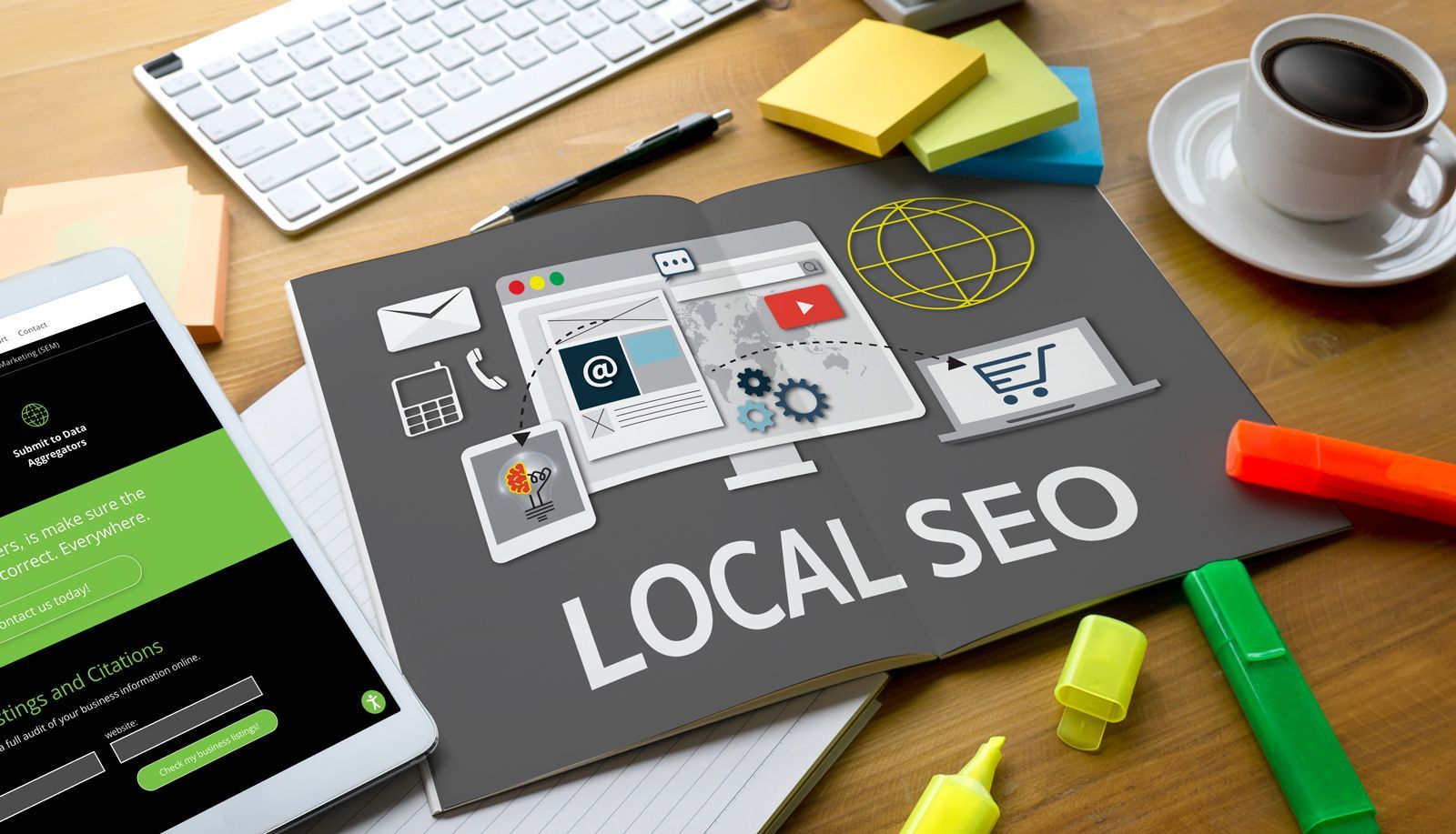The Smart Business Owner's Guide to Website Budgeting: What You Really Need to Know
If you're staring at a blank spreadsheet wondering "How much should I budget for a website?" — you're not alone. It's one of the most common questions we hear from business owners, and honestly, it's the wrong question to start with.
The right question is: "What do I need my website to accomplish for my business?"
Once you answer that, the budget conversation becomes much clearer. Let's walk through the key factors that will actually determine your website investment.
What Drives Your Website Cost?
1. Your Business Goals Shape Everything
Before you even think about design, ask yourself: Is this a simple online brochure with 5-10 pages to establish credibility? Or do you need a robust platform that generates leads, sells products, integrates with your existing systems, or serves as a client portal?
A restaurant might need a beautiful menu showcase and online ordering system. A consultant might need lead capture forms and a resource library. An e-commerce retailer needs inventory management and payment processing. Each serves a different purpose — and comes with a different price tag.

2. Design Level: Template vs. Custom
Here's where many business owners get stuck. Template customization is faster and more budget-friendly, but it limits your uniqueness. Fully custom design takes longer and costs more, but gives you a one-of-a-kind presence that truly reflects your brand.
Think about it like buying a suit — off-the-rack works fine for some occasions, but sometimes you need that perfect tailored fit. The same logic applies to your website.
3. Functionality Can Make or Break Your Budget
Every special feature adds complexity. Need appointment scheduling? That's additional development time. Want a member login area? More complexity. E-commerce, calculators, donation systems, event registration — each one requires custom programming and testing.

If you need integrations with your CRM, email automation, or accounting software, expect the budget to climb significantly. These connections are incredibly valuable for business efficiency, but they require specialized expertise.
4. Platform Choice Affects Both Cost and Control
WordPress offers flexibility at a reasonable cost. Shopify is perfect for e-commerce but has monthly fees. Webflow provides design freedom with hosting included. Squarespace is user-friendly for simple sites. Custom builds give you complete control but can cost 3-5 times more than platform-based solutions.
Don't forget about hosting — shared hosting is cheap but limited, while dedicated or cloud hosting costs more but handles traffic spikes and provides better security.
5. Content Creation: The Hidden Budget Item
Who's writing your website copy? Creating your images? Producing videos? Many business owners underestimate this crucial element.
Professional copywriting that's optimized for search engines and conversions can significantly impact your ROI. High-quality photos and graphics make your site memorable. If you're migrating from an old website, factor in the time needed to organize and transfer hundreds of pages of content.

6. SEO and Marketing Integration
A beautiful website that nobody finds is just an expensive digital brochure. Basic SEO setup (meta tags, sitemaps) is standard, but comprehensive keyword strategy, content optimization, and analytics setup require additional investment.
Connecting Google Analytics, conversion tracking, and other measurement tools costs more upfront but provides the data you need to improve performance and measure ROI over time.
7. Compliance and Security Aren't Optional
Depending on your industry, you might need ADA compliance, GDPR compliance, HIPAA compliance, or other regulatory requirements. These aren't suggestions — they're legal necessities that affect both initial development and ongoing maintenance.
Security features like SSL certificates, firewalls, regular backups, and malware scanning protect your business and customer data. Factor these into both your initial budget and ongoing costs.
8. Who You Work With Matters
You have three main options:
Freelancers offer the lowest upfront cost but often work alone, which can mean longer timelines and limited expertise in all areas.
Small agencies provide a balance of cost and professionalism, with team members who specialize in different areas like design, development, and strategy.
Large agencies cost more but offer comprehensive service with dedicated project managers, strategists, designers, and developers all working together.

9. Timeline Impacts Price
Need it yesterday? Rush work costs more — sometimes significantly more. If you can plan ahead and allow for a reasonable timeline, you'll get better work at a better price. Most quality websites take 6-12 weeks to complete properly.
10. Think Beyond Launch Day
Your website isn't a one-time purchase — it's an ongoing business investment. Monthly costs include hosting, security updates, plugin maintenance, and content updates.
More importantly, budget for post-launch marketing. Even the most beautiful website needs SEO, content marketing, or advertising to drive traffic and generate leads. Skip this, and your investment won't deliver results.
What Should You Actually Budget?
Here are realistic 2025 ranges based on our experience:
- DIY/Template Site: $500 – $2,000 (plus your time investment)
- Freelancer-Built WordPress Site: $3,000 – $8,000
- Professional Small Agency Site: $8,000 – $25,000
- E-commerce or Complex Integration Site: $15,000 – $50,000+
- Custom Web Application: $50,000 – $250,000+

Remember: the cheapest option isn't always the most cost-effective. A $3,000 website that generates $50,000 in new business annually is infinitely more valuable than a $500 site that sits unused.
Ready to Get Started?
The key to successful website budgeting isn't finding the lowest price — it's finding the right partner who understands your business goals and can deliver a solution that drives real results.
At Clover Creative Group, we work with business owners to create websites that aren't just beautiful, but actually work for your business. We'll help you navigate these decisions and create a solution that fits both your goals and your budget.
Ready to explore what's possible for your business? Let's start the conversation.
Your website should be an investment that pays for itself. Let us show you how.
Media Contact
Company Name: Clover Creative Group LLC
Contact Person: Shawn Dixon
Email: Send Email
Phone: 603-677-7032
Address: 234 Camp Rd.
City: Plainfield
State: New Hampshire
Country: United States
Website: clovercreativegroup.com
Did you find this article helpful? Please consider sharing.







